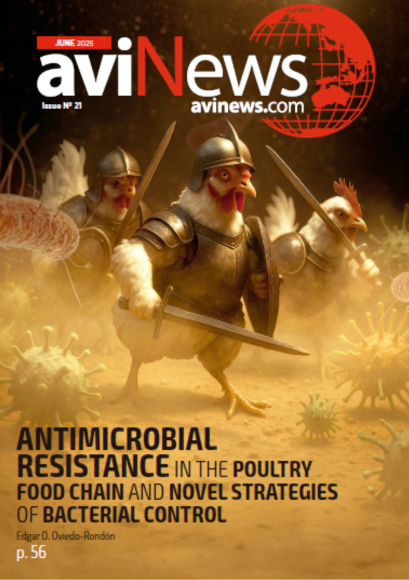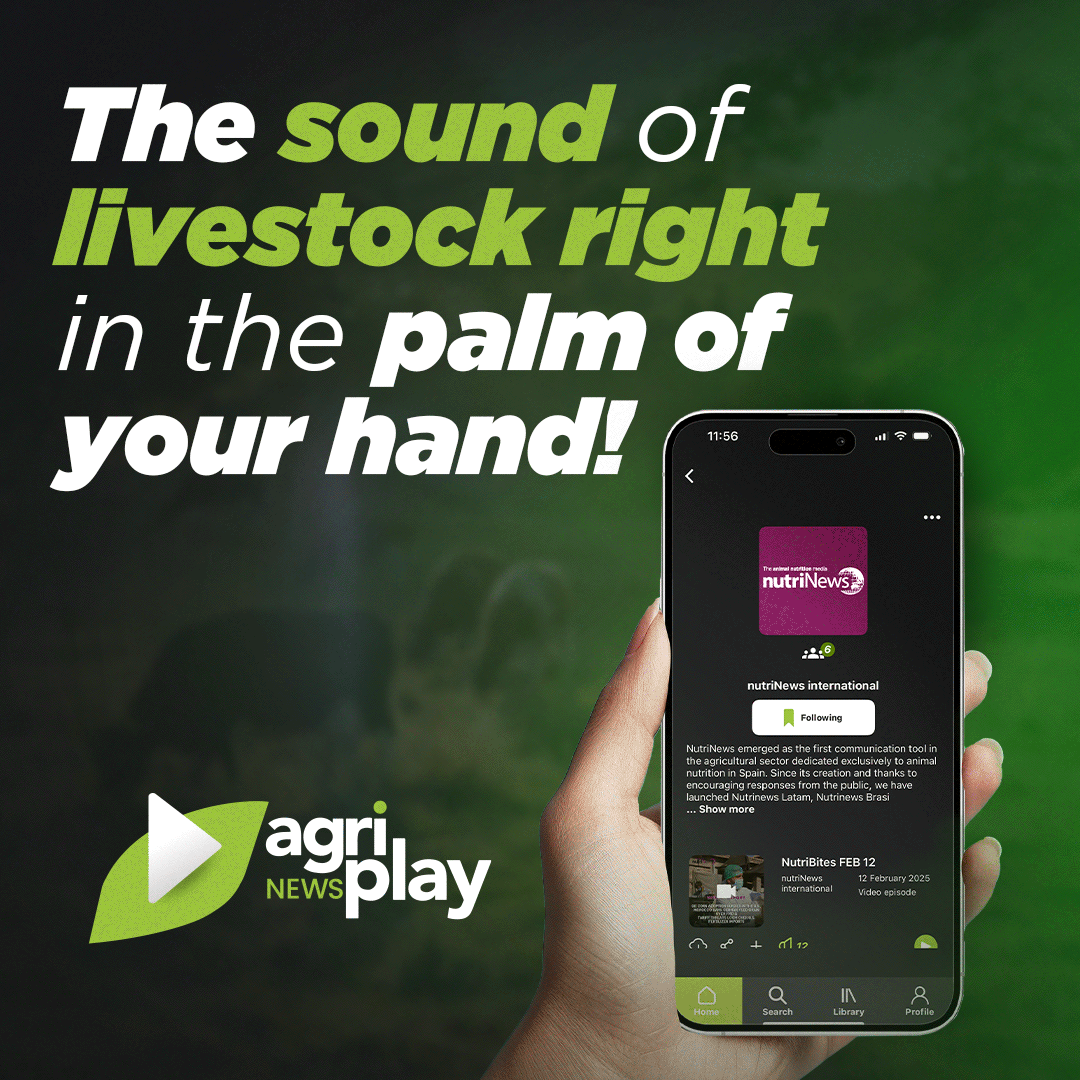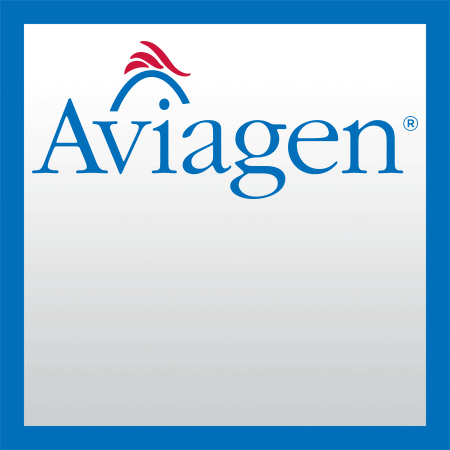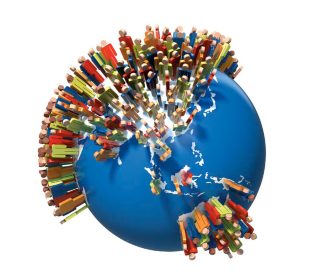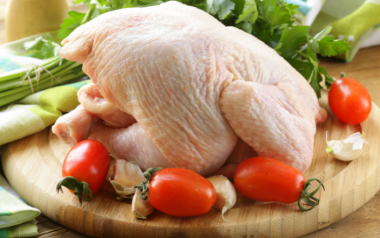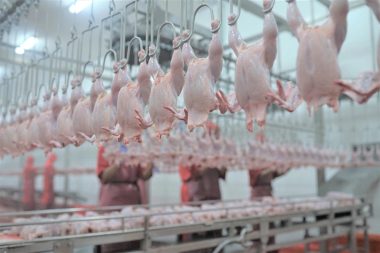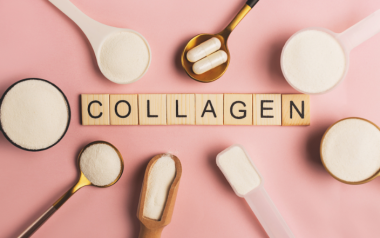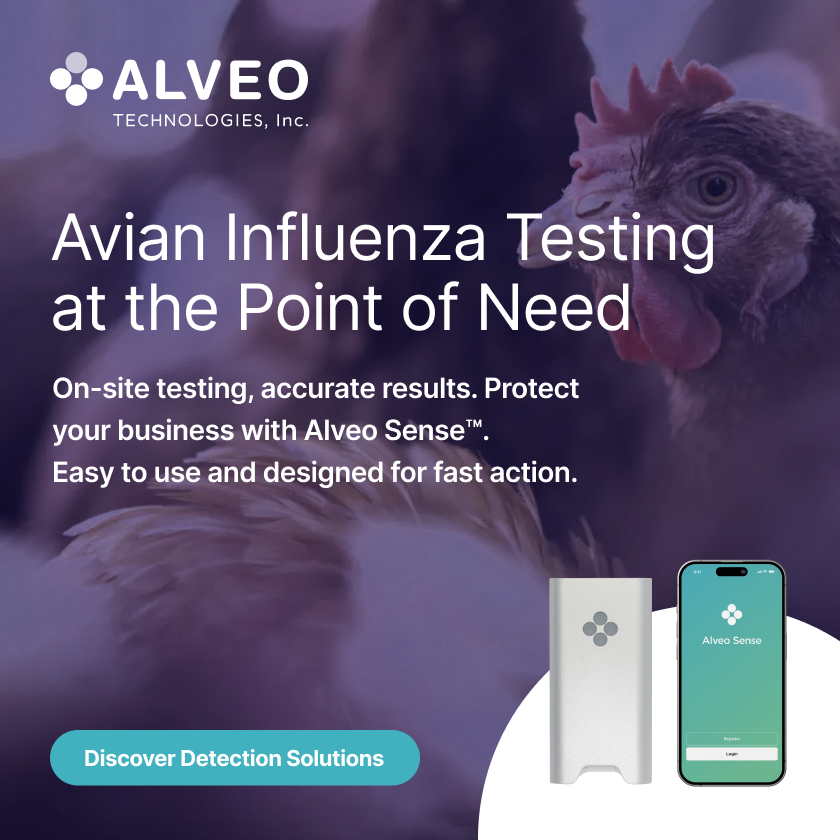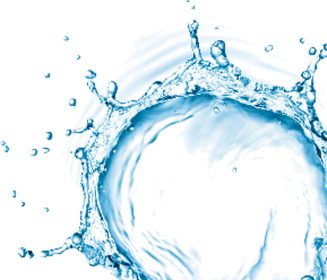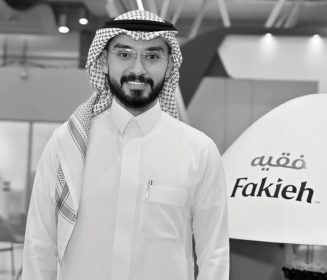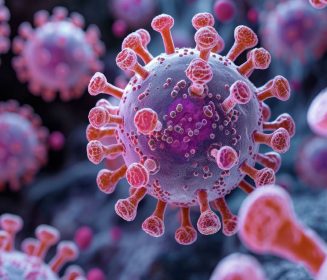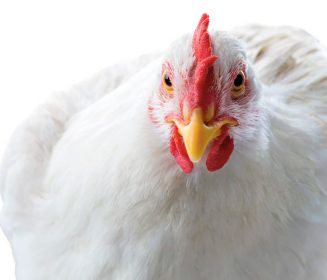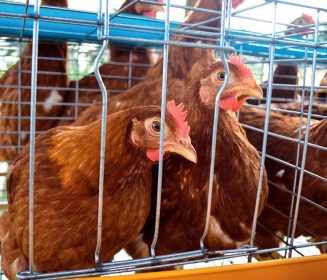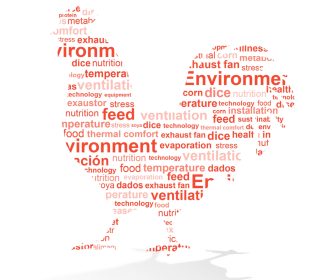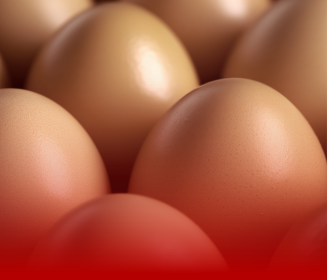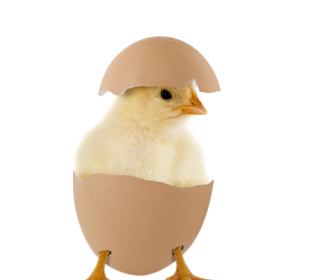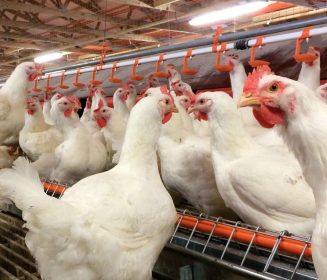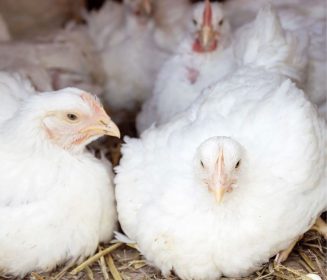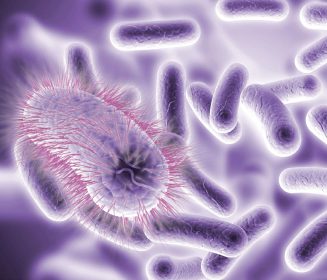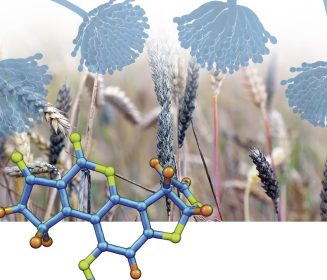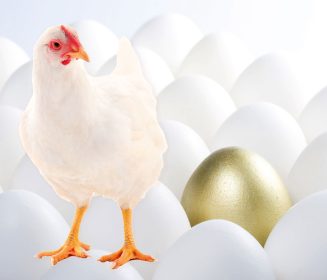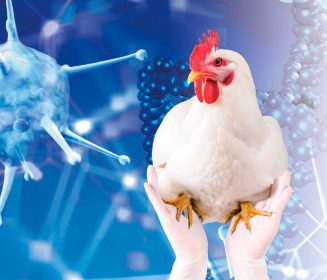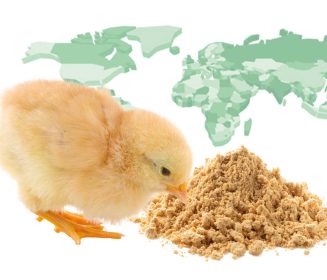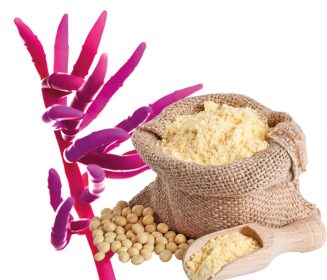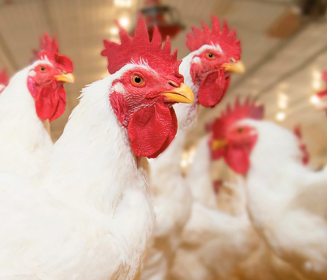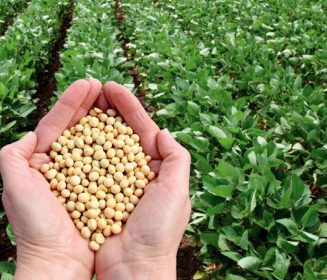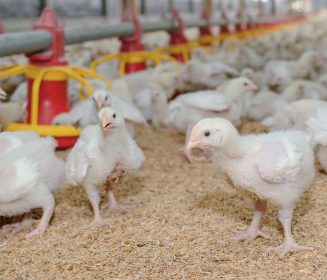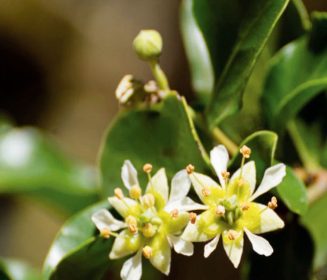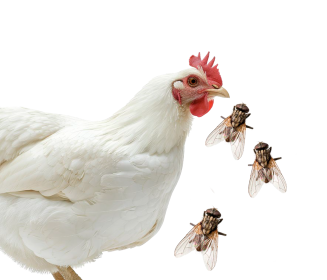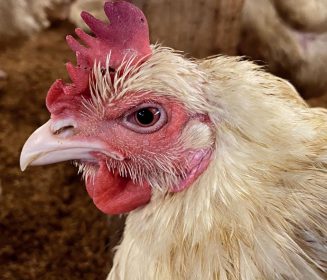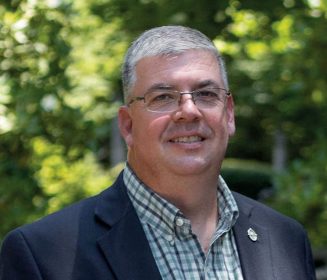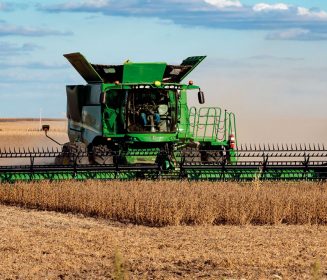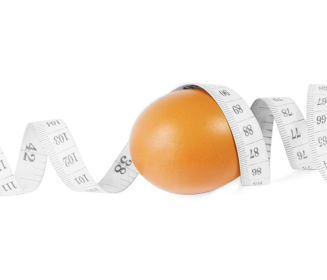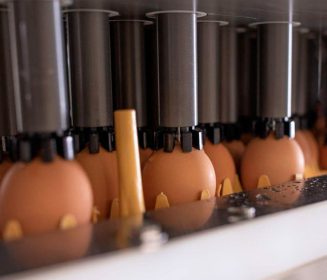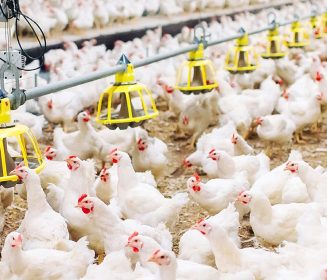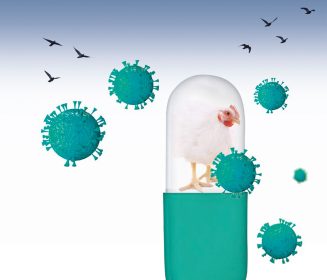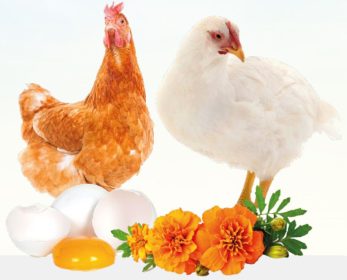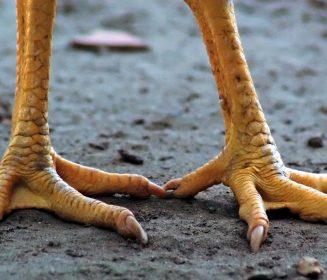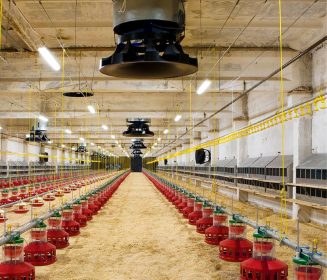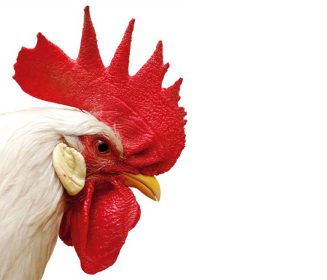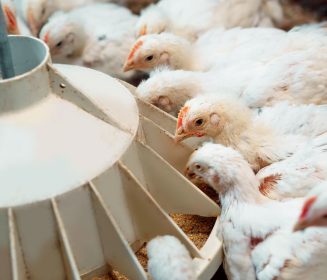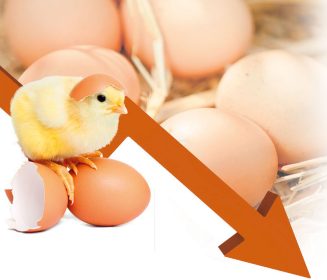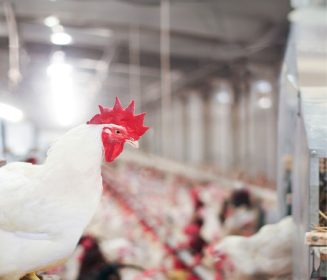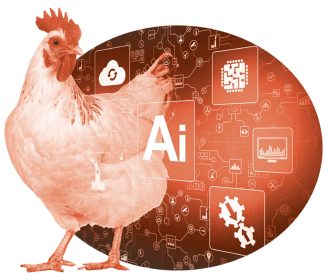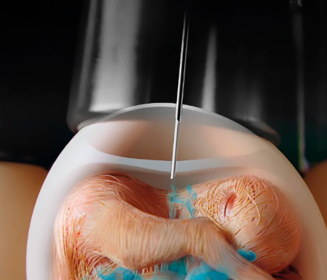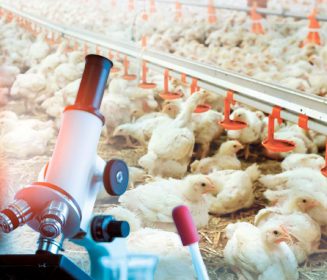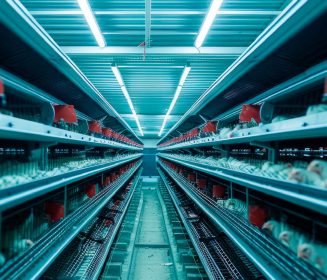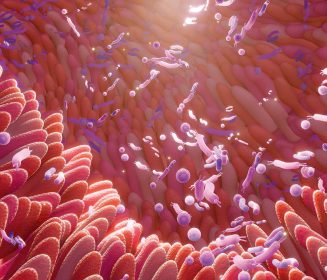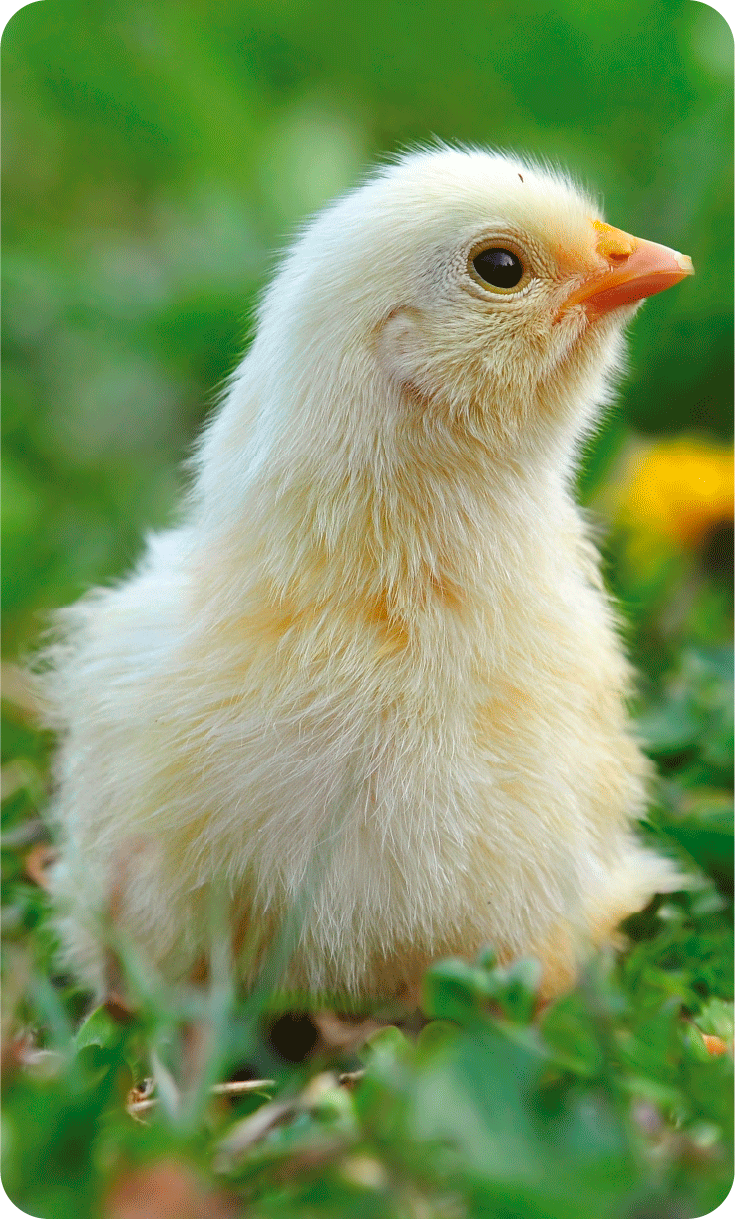Nguồn: Cung cấp theo yêu cầu.
21 May 2024
Collagen: một phụ phẩm bền vững từ ngành sản xuất chăn nuôi gia cầm
Trong những năm gần đây, ngành chăn nuôi gia cầm Colombia gia tăng đầu tư lớn vào nghiên cứu, từ khoảng 40 triệu đến 400 triệu đô la Mỹ.
Nội dung có ở:
Philipino
Trong những năm gần đây, ngành chăn nuôi gia cầm Colombia gia tăng đầu tư lớn vào nghiên cứu, từ khoảng 40 triệu đến 400 triệu đô la Mỹ. Sự gia tăng tài trợ kinh phí đột biến này đã dẫn đến sự phát triển của các sản phẩm mới mẻ có nguồn gốc từ phụ phẩm của gia cầm, bao gồm collagen. Hãy khám phá cách thu thập collagen và ảnh hưởng tiềm năng đối với sự bền vững.
Hướng tiếp cận đến nền kinh tế tuần hoàn
Ngành gia cầm Colombia hướng đến mục tiêu áp dụng khái niệm kinh tế tuần hoàn, với sự tập trung vào việc tăng cường giá trị của vật chất loại thải. Như, họ sẽ biến đổi những thứ từng được coi là sản phẩm thứ cấp trở thành một nguồn tài nguyên có giá trị cao. Đây là một số phụ phẩm và công nghệ sinh học nổi bật đang được phát triển trong ngành gia cầm Colombia:
Sinh khối từ các sản phẩm gia cầm hữu cơ
Chất thải hữu cơ tạo ra từ ngành công nghiệp gia cầm có thể được khai thác để tạo ra sinh khối (biomass). Sinh khối là nguồn năng lượng tái tạo có lượng khí thải carbon trung tính, không thải ra khí nhà kính. Việc tận dụng chất thải gia cầm, như chất độn và phân chuồng gà, sẽ góp phần vào sự sản xuất năng lượng bền vững. Những nhà chăn nuôi gia cầm Colombia tích cực tham gia vào Clúster de Energía Inteligente (Nhóm Năng lượng Thông minh) ở vùng Valle del Cauca để tập trung vào hiệu quả năng lượng và tận dụng sinh khối.
Phân bón công nghệ mới
Sự hợp tác giữa ngành gia cầm và Nhóm nghiên cứu phân tử liên ngành (Interdisciplinary Group of Molecular Studies) tại Đại học Antioquia đã cho ra sản phẩm phân bón thế hệ mới. Các loại phân bón này có nguồn gốc từ gallinaza (vật liệu độn nền chuồng gà) và pollinaza (phân gà tây). Thông qua các quy trình ủ phân (cả động và tĩnh), các chất thải hữu cơ này biến đổi thành phân bón giàu dinh dưỡng . Bằng cách tái chế chất thải gia cầm, người nông dân giảm sử dụng phân bón nhập khẩu và cải thiện độ màu mỡ của đất.
Collagen và a-xít hyaluronic
Các nhà nghiên cứu đang tìm tòi các sản phẩm tăng giá trị từ các nguồn khác. Ví dụ, màng vỏ trứng chứa các thành phần hữu cơ có thể được sử dụng để sản xuất collagen và a-xít hyaluronic. Bằng hợp tác với Đại học Antioquia, ngành công nghiệp gia cầm Colombia đã phát triển công nghệ chiết xuất các hợp chất có giá trị này.
Các vi khoáng hữu cơ như kẽm, đồng và mangan có vai trò cụ thể trong việc tổng hợp các cấu trúc cơ bản và thiết yếu cho sự phát triển của các mô, đặc biệt là da, lông, sụn và gân bằng cách tham gia vào quá trình phát triển collagen.
A-xít hyaluronic được dùng để khắc phục tình trạng bể mắt do tai nạn, điều chỉnh các vấn đề viêm khớp nặng, dùng trong hậu-phẫu mắt bằng laser và cả trong mỹ phẩm.
Kết luận
Những nhà chăn nuôi gia cầm Colombia đang tiên phong trong việc chuyển đổi chất thải thành của cải. Bằng cách tập trung vào các nguyên tắc kinh tế tuần hoàn, họ không chỉ nâng cao năng lực cạnh tranh bản thân mà còn góp phần vào việc quản lý bảo vệ môi trường. Collagen, cùng với các sản phẩm mới mẻ khác chứng minh rằng các giải pháp và phương pháp hướng đến bền vững có thể mang lại lợi ích cho cả ngành công nghiệp và hành tinh.

